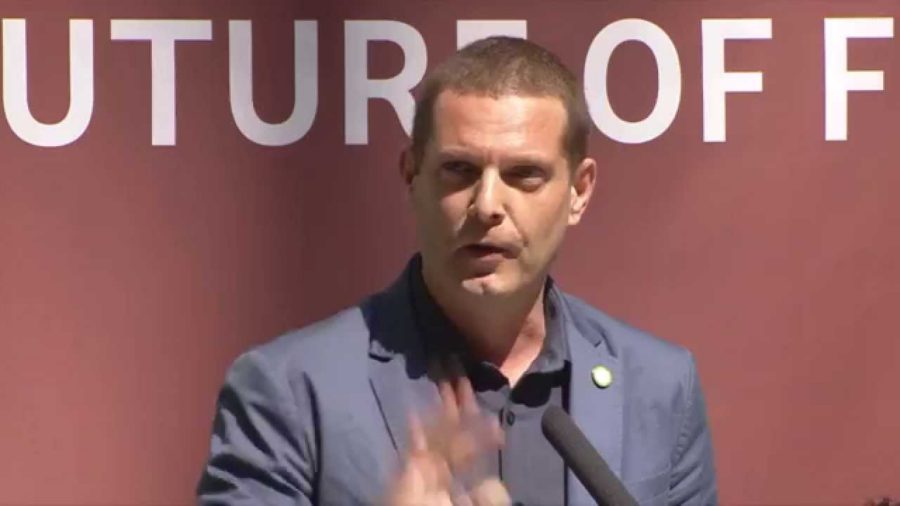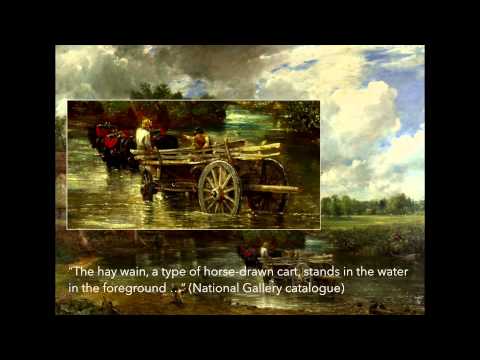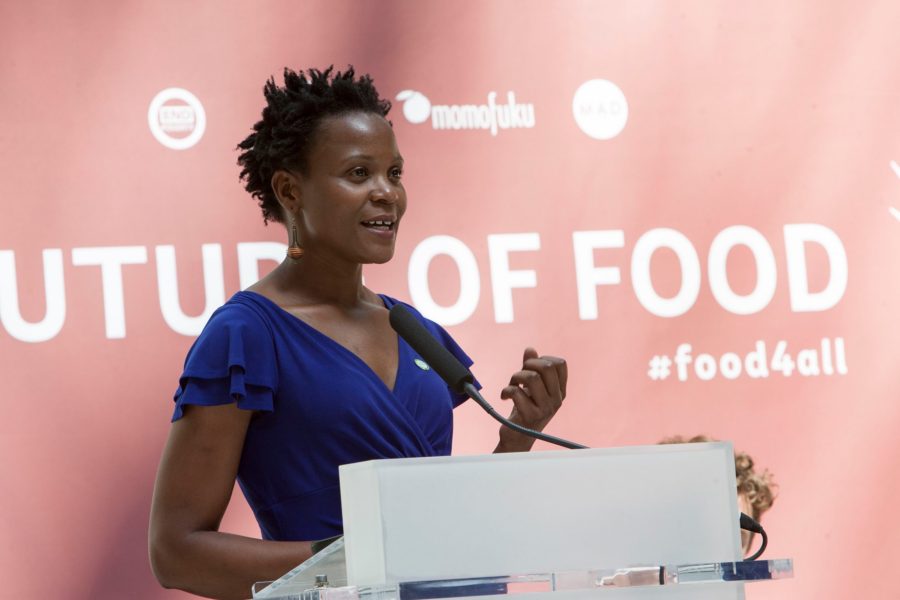When I learned to farm mushrooms, I discovered to grow mushrooms you use agricultural waste that is available to all the poor families in any any place we can say this is a struggling country. As long as they practice some form of agriculture, they will have this kind of waste material.
Archive (Page 2 of 2)

In 2004, after working for more than ten years as a cook, I visited a favela for the first time. I saw in cooking a way to train people, and so I offered a vocational training program in a local institution.

We’re here today to start a new conversation about the world of chefs and cooks, between the world of chefs and cooks, and you the delegates and influencers and people here at the World Bank. The reason we’re here is to find ways to work together to build a food system that feeds everyone, every day, everywhere.
My thinking is how do we design systems that provide for every aspect of our humanity? How do we design a city that cares for all of our needs? You know it’s not just thinking about shelter, but it’s thinking about our food and our air and so, obviously the types of industry we have are very different, because we have to make sure that our air and our water is clean. And that our food is readily available, and that we have spaces for contemplation and reflection. And that we have places for communing with each other.
Food has always been tightly intertwined with culture and identity. As a result, it’s also been a common target of colonialism. Colonizers understood that by wiping out people’s food traditions, it would be easier to wipe out their origins, their identity, and their history. This kind of trend isn’t only in the past, though. In many areas of the world, dietary habits are changing, food inequality is rife, and somehow both obesity and hunger are on the rise on a global scale.
Throughout the colonies of the various European powers, water engineers used dams, ditches, and sluices to control the flow of water. They claimed that their approach to water management was more rational and efficient than existing indigenous approaches.
In this episode, we’ll take a broad understanding of the term “technology” and look at how processed and techniques have affected the way in which societal benefits from certain types of seeds have spread across the world, from indigenous knowledges, to biotechnology, and patenting and privatization of seeds.

I’m going to be talking about how the arts engage ethically and politically with the technization of the food chain, the chain or flow of sustenance from field to dinner plate. This is an inter-disciplinary talk but don’t worry, I won’t be claiming quite that poems and paintings are computational machines for working out social policy, because that would be crazy. But if I’m not willfully misunderstanding Joscha’s excellent talk on the computational universe, it seems that a likely candidate for the substrate of consciousness is the numinal, the realm of ideas, and that’s precisely where art and literature lives. So it’s the ideal place for deep processing of ethical issues, the big issues like food and tech.

